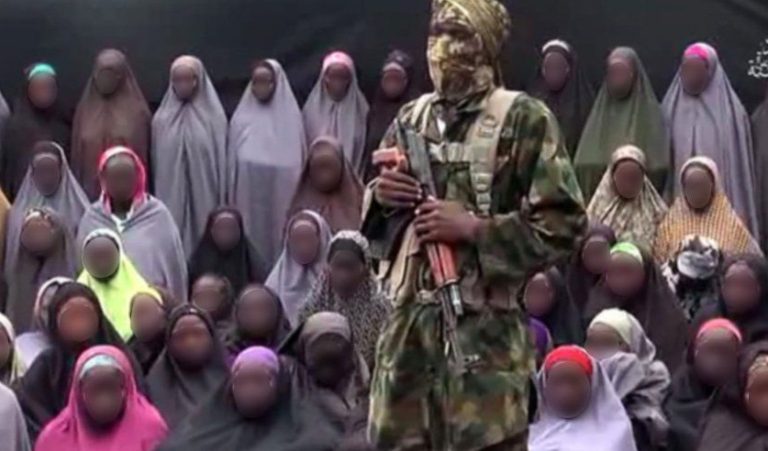The United Nations Children Fund has said that attacks and abductions of Nigerian schoolchildren have been on the rise since the kidnapping of 276 schoolgirls from Government Senior Secondary School, Chibok, Borno State 10 years ago.
This was revealed in a report released by UNICEF to mark the 10th anniversary of the Chibok girls abduction on Monday.
The report, titled: “Minimum Standards for Safe Schools, MSSS, Monitoring Report,” said only 37 percent of schools across 10 states of the federation so far had early warning systems in place to identify threats of such attacks in schools.
The report, which was presented at the United Nations House, Abuja, said: “In the last 10 years, conflict-related violence has led to more than 1,680 children abducted while at school and elsewhere; 180 children killed due to attacks on schools; an estimated 60 school staff kidnapped and 14 killed; and more than 70 attacks on schools, according to verified reports by the United Nations.”

It also observed that 90 of the abducted Chibok schoolgirls were still in captivity, while the country was still recovering from another abduction of schoolchildren in Kaduna State in March of this year.
Drawing from the findings of the report, UNICEF recommended that authorities at all levels should intensify efforts to protect the country’s most vulnerable population, its children.
UNICEF Representative in Nigeria, Cristian Munduate, said: “The kidnapping of the Chibok girls was a wake-up call to the severe risks our children face in their pursuit of education.
Also Read:
- I now know why Gov. Uba has been praising Tinubu — El-Rufai
- Surviving abroad marriage: My observations, by Tunde Asaju
- Why I dumped PDP – Nwoko; We won’t miss him — Commissioner
- Anambra: Three siblings killed, bodies dumped in deep freezer
- Telecom Tariff Hike: NLC suspends planned nationwide protest
“Today, reflecting on this tragedy and other recent abductions, it is evident that our efforts to safeguard our children’s futures must be amplified.
”Given these alarming statistics, we must address not only the symptoms but also the root causes of this crisis.
“Education is a fundamental right and a crucial pathway out of poverty. Yet, for too many Nigerian children, it remains an unattainable dream.”


